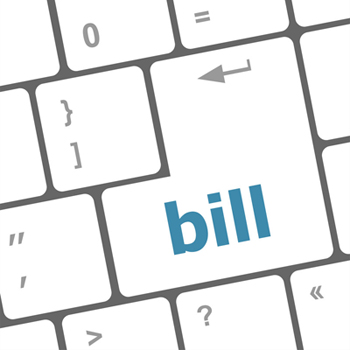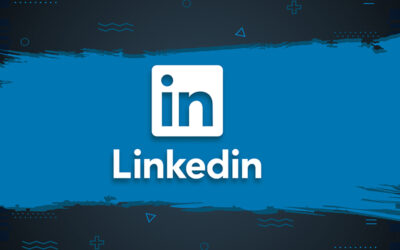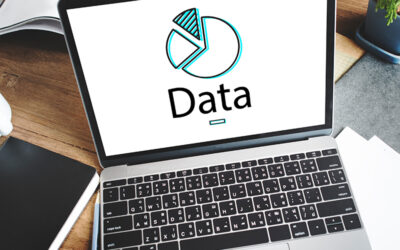 Governments in various countries are implementing e-billing for public utilities. This is a convenient, safe, cost-effective and efficient way of coordinating an extensive customer base, promoting energy efficiency, and encouraging conservation. After successfully completing the first two phases of its Green Bill system, the Dubai Electricity and Water Authority (DEWA) is in the third stage of its Green Bill system aimed at preserving natural resources and promoting customer satisfaction.
Governments in various countries are implementing e-billing for public utilities. This is a convenient, safe, cost-effective and efficient way of coordinating an extensive customer base, promoting energy efficiency, and encouraging conservation. After successfully completing the first two phases of its Green Bill system, the Dubai Electricity and Water Authority (DEWA) is in the third stage of its Green Bill system aimed at preserving natural resources and promoting customer satisfaction.
With DEWA’s electronic invoicing system, the Dubai Government aims to do away with paper bills, thereby eliminating all the costs associated with preparing and mailing paper bills and statements. Consumers will no longer be sent paper bills for their water and electricity consumption by post and will instead receive them via e-mail.
DEWA’s Green Billing Vision
Through the Green Bill initiative, DEWA is striving to attain its vision to become a sustainable world-class utility and contribute to the nation’s Green Economy for Sustainable Development initiative. It also aims to preserve natural resources and promote customer satisfaction. Up to 197,119 customers are expected to have registered to receive the Green Bill by June 2014. Since it was introduced in August 2012, e-billing has helped to reduce carbon dioxide emissions by about 193.3 tons. The advantages of the system include:
- Allows customers to conduct transactions online and to access information more conveniently
- Helps to achieve the goal of sustaining the environment for future generations, since the system takes into account the latest environmental standards
- Offers customers a convenient, safe and quick way to check their monthly bills, without the barriers of time and place
- Enables customers to easily maintain records of their bills and electronic payments
E-billing is here to stay. In the U.S., the shift to electronic health records (EHR) is inextricably linked with electronic medical billing. The system allows healthcare providers to manage all stages of the billing process, including credentialing, electronically. This includes patient eligibility verification, prior authorization, claim submission to insurers, checking claim status, following up claim denials, and receiving payment.



